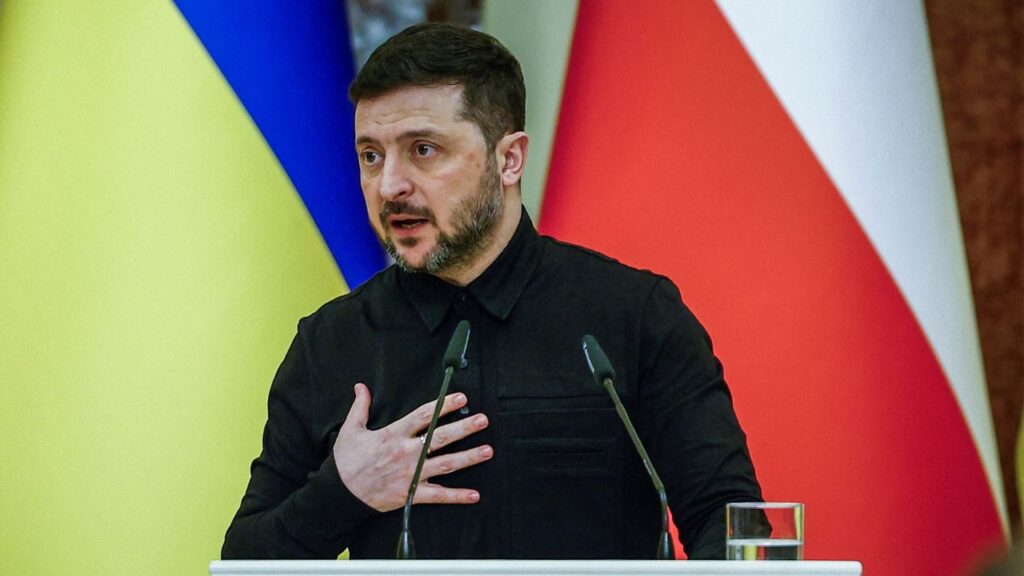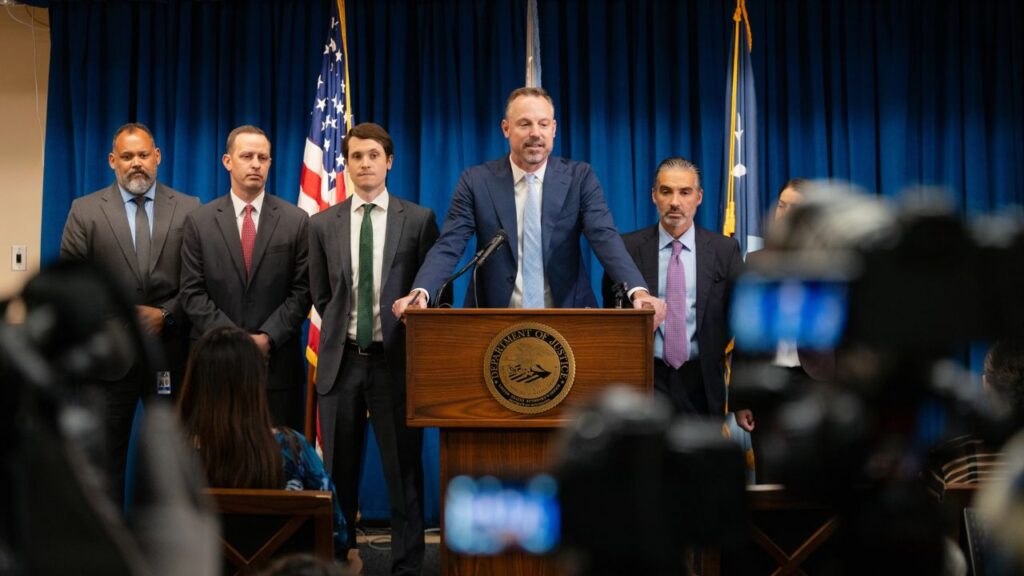Share
|
Getting your Trinity Audio player ready...
|
FRANKFURT, Germany — Stalled spending on electrical grids worldwide is slowing the rollout of renewable energy and could put efforts to limit climate change at risk if millions of miles of power lines are not added or refurbished in the next few years, the International Energy Agency said.
The Paris-based organization said in the report Tuesday that the capacity to connect to and transmit electricity is not keeping pace with the rapid growth of clean energy technologies such as solar and wind power, electric cars, and heat pumps being deployed to move away from fossil fuels.
IEA Executive Director Fatih Birol told The Associated Press in an interview that there is a long line of renewable projects waiting for the green light to connect to the grid. The stalled projects could generate 1,500 gigawatts of power or five times the amount of solar and wind capacity that was added worldwide last year, he said.
“It’s like you are manufacturing a very efficient, very speedy, very handsome car — but you forget to build the roads for it,” Birol said.
If spending on grids stayed at current levels, the chance of holding the global increase in average temperature to 1.5 degrees Celsius above pre-industrial levels — the goal set by the 2015 Paris climate accords — “is going to be diminished substantially,” he said.
The IEA assessment of electricity grids around the globe found that achieving the climate goals set by the world’s governments would require adding or refurbishing 80 million kilometers (50 million miles) of power lines by 2040 — an amount equal to the existing global grid in less than two decades.
Annual investment has been stagnant but needs to double to more than $600 billion a year by 2030, the agency said.
Power Lines Take 5 to 13 Years for Approval
It’s not uncommon for a single high-voltage overhead power line to take five to 13 years to get approved through bureaucracy in advanced economies, while lead times are significantly shorter in China and India, according to the IEA.
The report cited the South Link transmission project to carry wind power from northern to southern Germany. First planned in 2014, it was delayed after political opposition to an overhead line meant it was buried instead. Completion is expected in 2028 instead of 2022.
Other important projects that have been held up: the 400-kilometer (250-mile) Bay of Biscay connector between Spain and France, now expected for 2028 instead of 2025, and the SunZia high-voltage line to bring wind power from New Mexico to Arizona and California. Construction started only last month after years of delays.
On the East Coast, the Avan grid line to bring hydropower from Canada to New England was interrupted in 2021 following a referendum in Maine. A court overturned the statewide vote rejecting the project in April.
RELATED TOPICS:
Categories


















